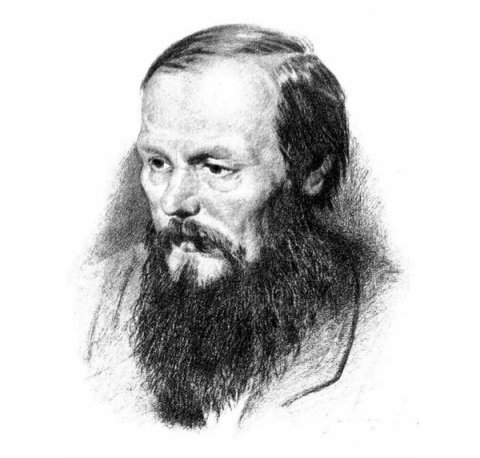The Department of Philosophy of the SUSU Institute of Social Sciences and Humanities presents a new project Philosophy+Theatre within the strategic scientific area Philosophy in Education together with the municipal autonomic institution New Artistic Theatre.
On June 2nd at 17:00 in the SUSU Pushkin Hall there will be a round table, Philosophy+Theatre, the central topic of which will be discussion of philosophical ideas for the NAT show for the F.M. Dostoyevsky novel Demons (Besy).
Discussion participants include: artistic director of the NAT, director of the show, staging director Evgeniy Gelfond; actors of the NAT Kseniya Boyko, Konstantin Talan, Aleksandr Mayer; director of the ISSH Elena Ponomareva; professor of the Department of Art History and Cultural Studies Nataliya Parfentyeva; head of the Department of Art History and Cultural Studies, professor Nikolai Parfentyev; and other SUSU professors and students. The moderator of the round table will be associate professor of philosophy Svetlana Reshinkova.
The idea of organizing project with the Chelyabinsk theater came after students of various faculties studying a course in philosophy with teachers S.P. Reshikova, U.V. Sidorova, and V.A. Klenovskaya attended an NAT show of Demons (stage experiments in 3 parts) based on the works of F.M. Dostoyevsky.
The staging left a strong impression on the students which inspired them to create an essay review.
Naturally, the idea of philosophy and the theatre working together is not a new one, and it already has its own history and a field of cultural and intellectual partnership. The novelty of the concept by the Department of Philosophy includes appealing to theatrical actions like one of the forms of practice, especially the practice of self-care. The essence of the Philosophy+Theatre project is to bring students out of the format of abstract constructions and theories of reflection based on deep feeling and present them with the experience of self-realization and self-reflection through live, direct experience.
The theatrical stage will become a classroom enriched by the possibilities of art: “education meets the world of culture” and the understanding of philosophical ideas from the capabilities of acting and direction mastery, based artistic intuition and deep feelings, will become more available to the young generation.




